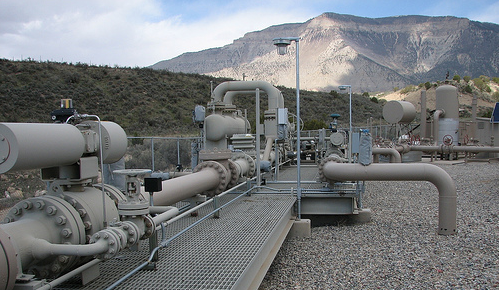
An appropriate carbon pricing might be sufficient to achieve both the emission target and the renewable target, without incurring in high economic costs if climate policy is not too ambitious and/or it is internationally coordinated. Carbon pricing appears effective in achieving the optimal energy mix, while reducing emissions, contributing to improved public budgets, and avoiding distortions in the market.
It’s the result highlighted by a new research paper by CIP Division, where a set of new scenarios for energy markets in Europe were analyzed to evaluate the consistency of economic incentives and climate objectives.
Moreover, the study showed the crucial role of natural gas as transitional fuel within the cost-effective achievement of a range of climate policy targets.
The abstract of the paper:
This paper analyses a set of new scenarios for energy markets in Europe to evaluate the consistency of economic incentives and climate objectives. It focuses in particular on the role of natural gas across a range of climate policy scenarios (including the Copenhagen Pledges and the EU Roadmap) to identify whether current trend and policies are leading to an economically efficient and, at the same time, climate friendly, energy mix. Economic costs and environmental objectives are balanced to identify the welfare-maximising development path, the related investment strategies in the energy sector, and the resulting optimal energy mix. Policy measures to support this balanced economic development are identified. A specific sensitivity analysis upon the role of the 2020 renewable targets and increased energy efficiency improvements is also carried out. We conclude that a suitable and sustained carbon price needs to be implemented to move energy markets in Europe closer to the optimal energy mix. We also highlight that an appropriate carbon pricing is sufficient to achieve both the emission target and the renewable target, without incurring in high economic costs if climate policy is not too ambitious and/or it is internationally coordinated. Finally, our results show that natural gas is the key transitional fuel within the cost-effective achievement of a range of climate policy targets.
Read the integral version of the CMCC research paper:
Carlo Carraro, Massimo Tavoni, Thomas Longden, Giacomo Marangoni
RP0187 – The Optimal Energy Mix in Power Generation and the Contribution from Natural Gas in Reducing Carbon Emissions to 2030 and Beyond
Ottobre 2013


